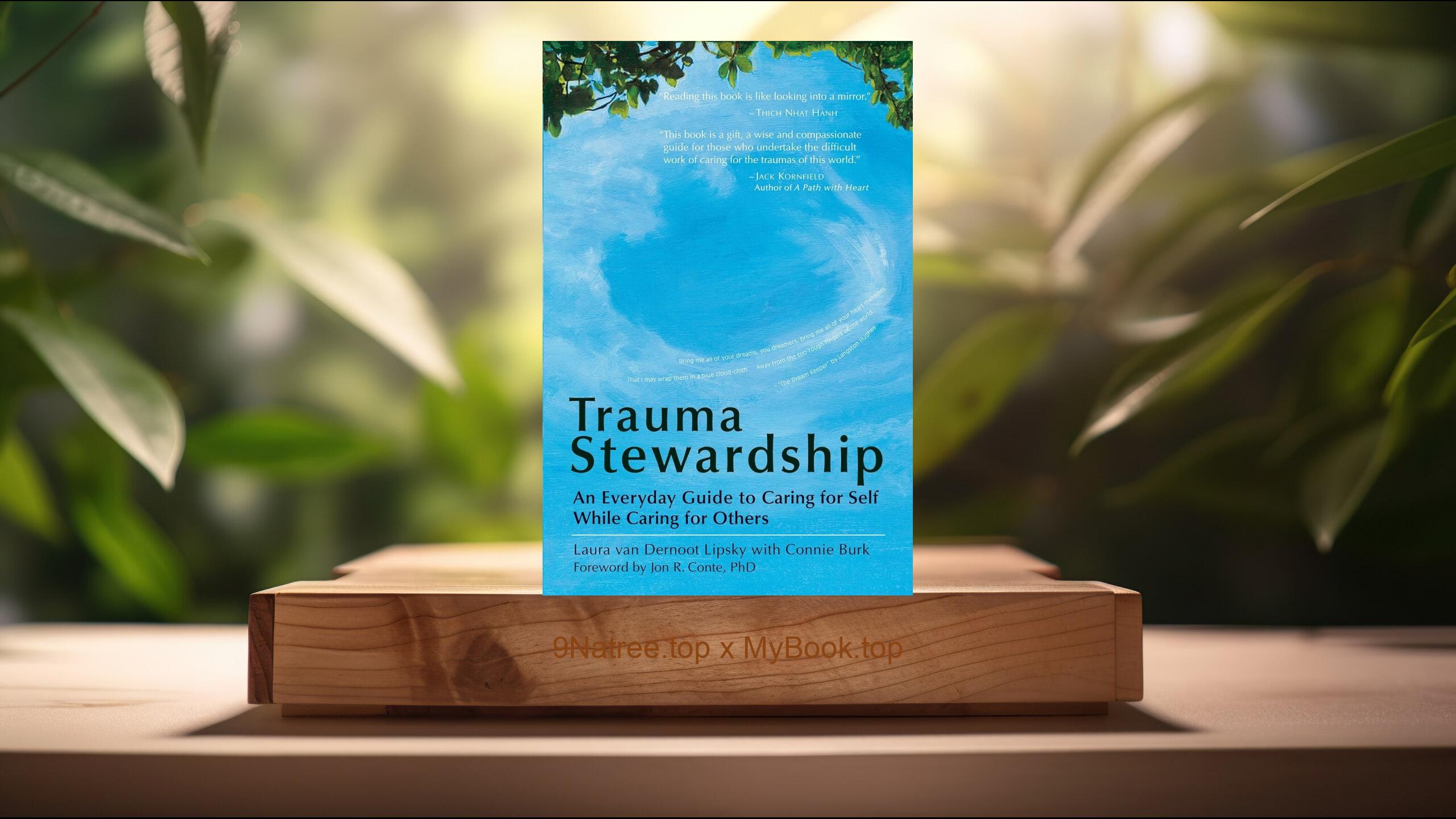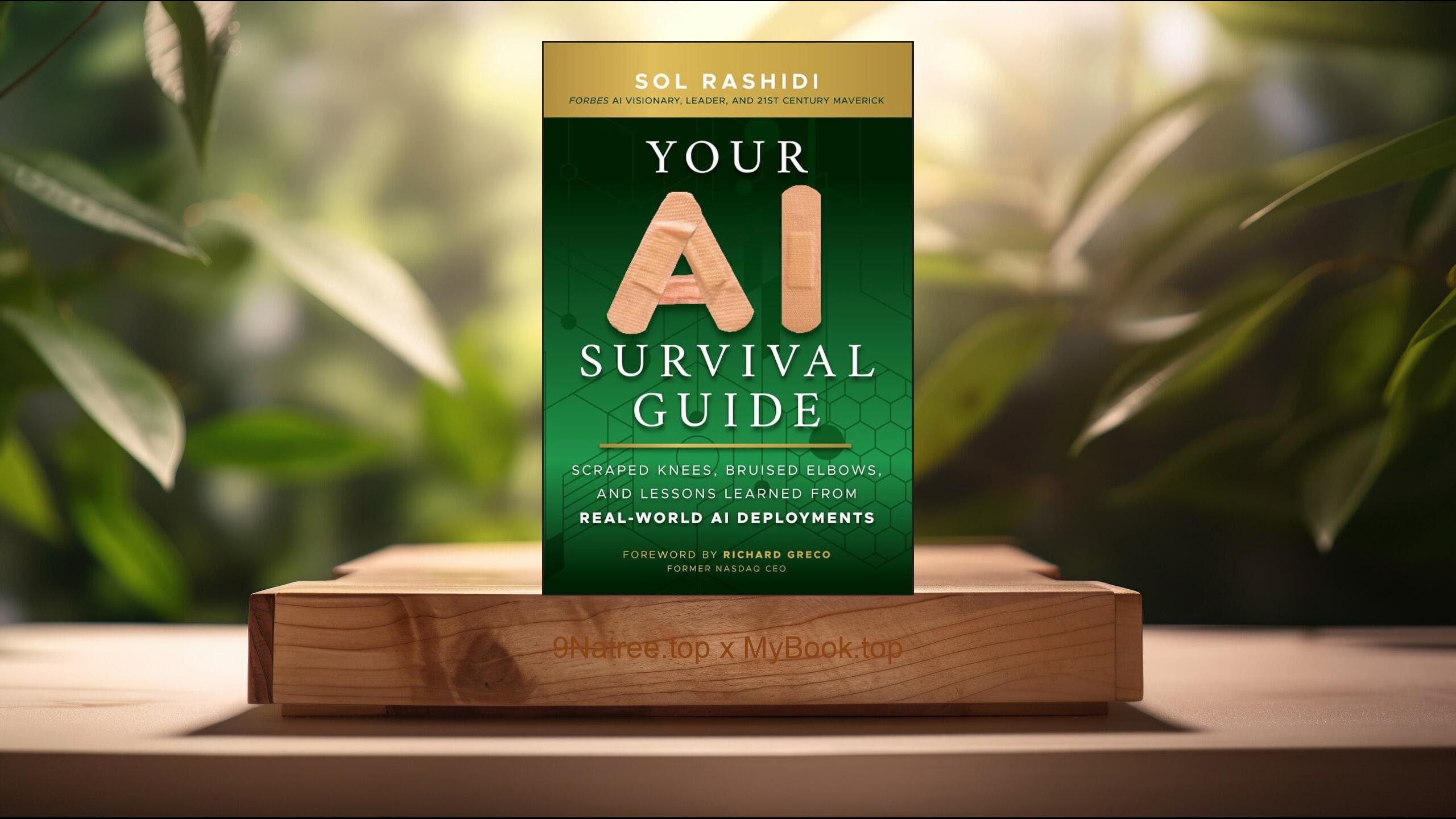Show Notes
Buy on Amazon: https://www.amazon.com/dp/B009K6DKTS?tag=9natree-20
Read more: https://mybook.top/read/B009K6DKTS/
#Antifragility #NassimNicholasTaleb #Disorder #Resilience #Optionality #Decentralization #Stressors #Antifragile
These are takeaways from this book.
Firstly, The Concept of Antifragility, Antifragility goes beyond resilience or robustness. While resilience withstands shocks and stays the same, the antifragile gets better. Nassim Nicholas Taleb introduces this groundbreaking concept, explaining how it applies across systems, organisms, and institutions. The natural world, economics, and personal health are all areas where antifragility can manifest. By embracing randomness, variability, and chaos, an antifragile entity not only survives but flourishes. Taleb stresses the importance of recognizing antifragility to make better decisions, both personally and at an organizational level.
Secondly, The Role of Stressors, Stressors, while often perceived negatively, play a crucial role in the development of antifragility. Taleb argues that moderate stressors stimulate growth and adaptation, much like muscles grow stronger after exercise. He differentiates between destructive stressors and those that encourage improvement and innovation. By carefully exposing ourselves and our systems to the right kind of stressors, we can foster antifragility. This concept challenges the prevalent desire for comfort and stability, advocating instead for a measured embrace of uncertainty and challenge.
Thirdly, Misconceptions About Fragility, Taleb elaborates on common misconceptions regarding fragility and robustness. He points out that what is often perceived as strength might actually encompass hidden fragility. This is particularly true in complex systems, where interdependencies can lead to cascading failures. By identifying and understanding the fragile components within systems, we can redesign or adjust them to be more antifragile. Taleb emphasizes the importance of small failures in preventing larger, systemic collapses, positioning them as necessary stressors that prompt adaptation and strengthen antifragility.
Fourthly, The Importance of Optionality, Optionality is a key aspect of antifragility, according to Taleb. Having options means having the freedom to choose among various paths, thereby increasing the chance to benefit from unforeseen outcomes. Taleb explains how optionality allows an antifragile entity to leverage randomness and uncertainty to its advantage. By not committing to a single course of action, the antifragile maintains the flexibility to adjust and react to changes in the environment. This principle can apply to investment strategies, career choices, and even lifestyle decisions, offering a pathway to gain from disorder rather than suffer from it.
Lastly, Decentralization and Redundancy, Taleb highlights the importance of decentralization and redundancy in building antifragile systems. Unlike centralized systems, which are more prone to failure when stressed, decentralized systems distribute risk and are, therefore, more resilient to shocks. Redundancy, often misunderstood as inefficiency, acts as a buffer against volatility. By having multiple pathways or backups, an antifragile system can prevent the failure of any single component from causing a total collapse. This approach fosters resilience and flexibility, allowing systems to adapt and grow stronger in the face of disorder and chaos.
In conclusion, Antifragile: Things that Gain from Disorder is a thought-provoking read that challenges conventional wisdom about risk, uncertainty, and stability. Nassim Nicholas Taleb's insights are particularly relevant in an era marked by rapid change and unpredictability. This book is essential reading for anyone interested in economics, business strategy, or personal development. Entrepreneurs, business leaders, and individuals looking to build resilience and capitalize on the opportunities presented by volatility will find valuable lessons in Taleb's concept of antifragility. By understanding and applying the principles of antifragility, readers can learn to not just survive, but to thrive amidst the chaos of the modern world.
![[Review] Antifragile: Things that Gain from Disorder (Nassim Taleb) Summarized](https://episodes.castos.com/660078c6833215-59505987/images/1731032/c1a-085k3-xmzk948kbp3q-c2xd4u.jpg)




